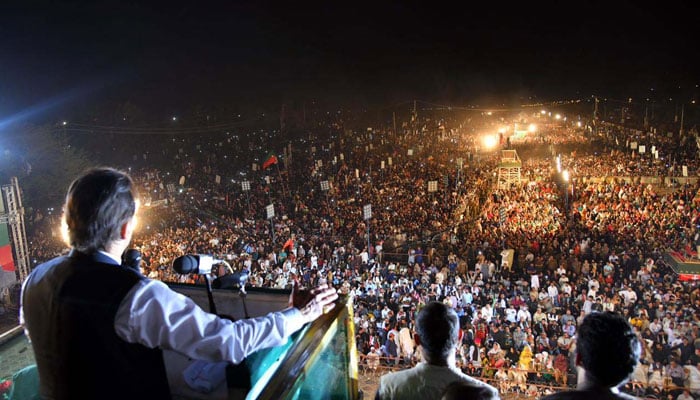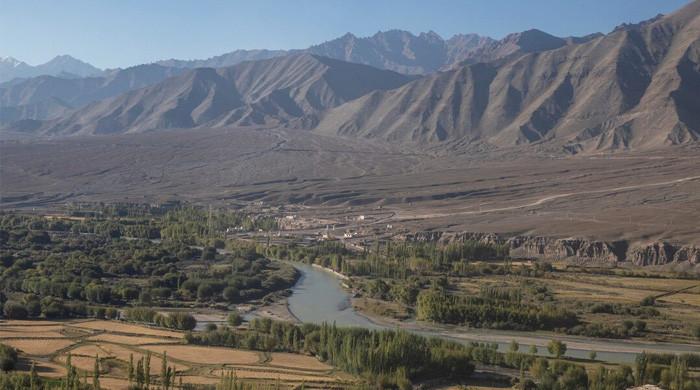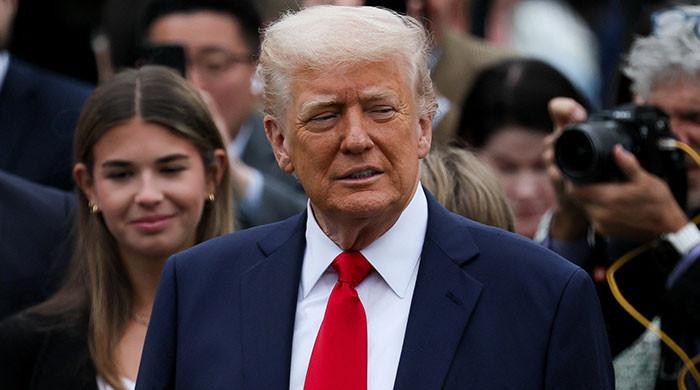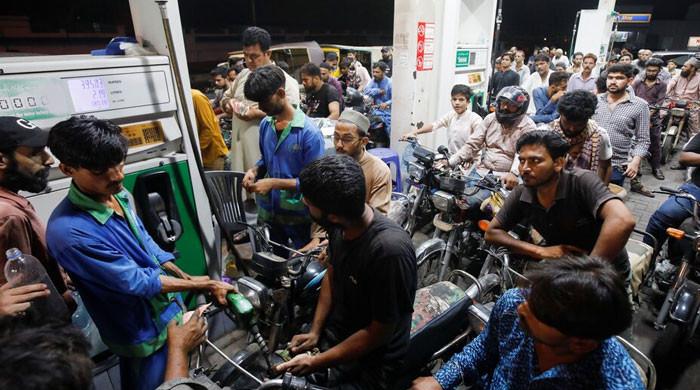Pakistan’s new political dictionary
Sportsmen-turned-politician PM Imran Khan has changed Pakistan’s political dictionary by introducing words reserved for sports
March 28, 2022

Sportsmen-turned-politician Prime Minister Imran Khan has changed Pakistan’s political dictionary by introducing words that are reserved for sports.
These words include “kaptan” (captain), “umpire”, “third umpire”, “match-fixing”, “wickets”, “ground” and “unfit”, amongst others. This vocabulary is now part of Pakistan’s political terminology and has been taken up by his rivals as well.
No prizes for guessing that the word “umpire” or the term “neutral umpire” refers to the military establishment.
I remember how once Imran Khan’s old colleague, the late Naeem ul Haque, had requested me to not discuss cricket with Khan as he is now in politics.
“Yaar, he is new in politics so please discuss more politics with him,” Haque had said to me, during Imran Khan’s visit to the Karachi Press Club after the 2002 election.
But Khan has not shied away from bringing sports into politics. In fact, he has boasted about introducing the term “neutral umpire”. Now, even his opponents use this term and claim that the “umpires”, therefore the establishment, is now neutral and not taking sides.
This is a deviation from the actual word. As in cricket, the umpire is expected and trusted by both teams to fairly judge without any prejudice or bias game. Both sides must accept the umpire’s decision, even if at times it goes against them.
Any team or skipper, who does not accept the umpires or referee’s decision faces disciplinary action, including at times a ban.
But politics is a different ball game. In other countries, the referee is the election commission, which is tasked with ensuring a free and fair election. However, here the umpire is the establishment.
Even in sports now the umpire has become controversial. Teams and players have started to protest the umpire’s decisions. One reason is the amount of money that has started pouring into the game, and that too through illegal means.
It was in the post-Kerry Packer era in the mid-1970s that players, from different countries, were lured by the lust for money over national pride, leading to a major revolt in almost every cricket playing nation.
It was at that time that Pakistan’s former captain Imran Khan floated the idea of a “neutral umpire”, meaning that instead of having an umpire from the host country, the umpire should be from any third country to avoid any chances of prejudice or bias.
Now, in addition to a neutral umpire, cricket also has a third umpire called a “match referee”. Moreover, technology is used these days to minimize disputes.
Imran Khan was regarded as a hero after the 1992 World Cup. Soon after, Khan joined politics in 1996. During that time he was also lauded for his role in building a cancer hospital in Lahore.
Fast forward to 2022, Khan is again talking about the role of the umpire. As mentioned above, in other countries, the referee is the election commission of that country.
A classic example of this is India, where the commission is independent and powerful enough to even de-seat a sitting prime minister or stop him or her from an election campaign.
The beauty is that all political parties in India regard the commission’s decision. That is primarily why elections have never been controversial in India, with regards to the election commission.
In Pakistan, in the last 50 years, there have been only one or two elections that have been regarded as free and fair across the board. The 1970 election was held under the Legal Framework Order, as there was no constitution in place at that time. Yet, everyone accepted the result.
One of the reasons why Zulfiqar Ali Bhutto became the first Civilian Martial Law Administrator was due to the constitutional vacuum back then. In 1973, the first unanimous constitution was adopted by the assembly.
Unfortunately, the spirit of accepting poll results did not last long and the 1977 election was disputed.
Later, during the martial law of General Zia ul Haq, many controversial clauses were introduced in the otherwise suspended constitution, including 58-2(b), through which the president was given the power to dismiss an elected government or sack the prime minister.
These clauses weaken the political system and after every two to three years elected prime ministers were sent packing.
But improvements were also made to the electoral process from the 18th amendment and the election commission of Pakistan was empowered. The government of the day now cannot change the chief election commission (CEC). Further, the veto power of the CEC has been withdrawn and now all members of the commission have one vote each.
What holds it back is its lack of funds and resources to conduct polls. That is what the government must look into.
Still, the commission has enough powers to ensure a free and fair election. It can even direct the Election Tribunal to decide election petitions within four months.
Therefore, there is no need for a “third” or “neutral” umpire except for the election commission.
While Prime Minister Imran Khan is now questioning if umpires should be “neutral” or not, he should go back to his earlier stance of impartiality, the one that he took during his cricketing days.
Let the election commission play its due role.
Lack of fair play or accusations of impartiality can ruin a good sports game, just as much as it can ruin politics and voters' trust in the democratic system.
The writer is a columnist and analyst of GEO, The News and Jang. He tweets @MazharAbbasGEO











